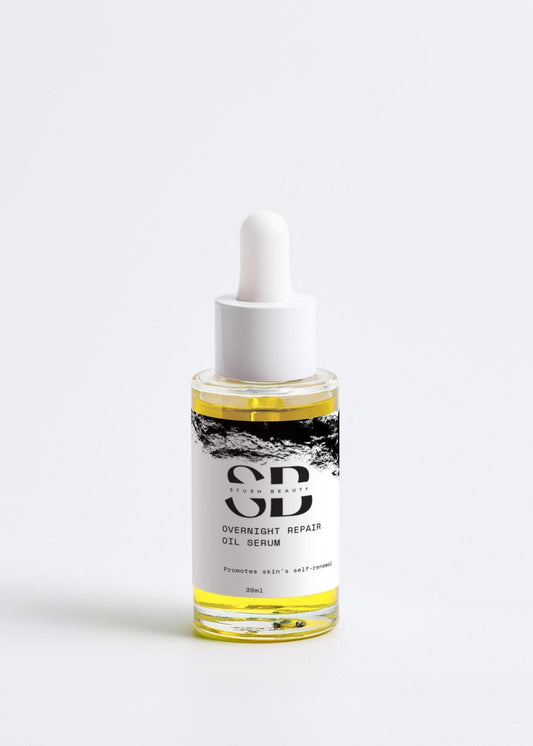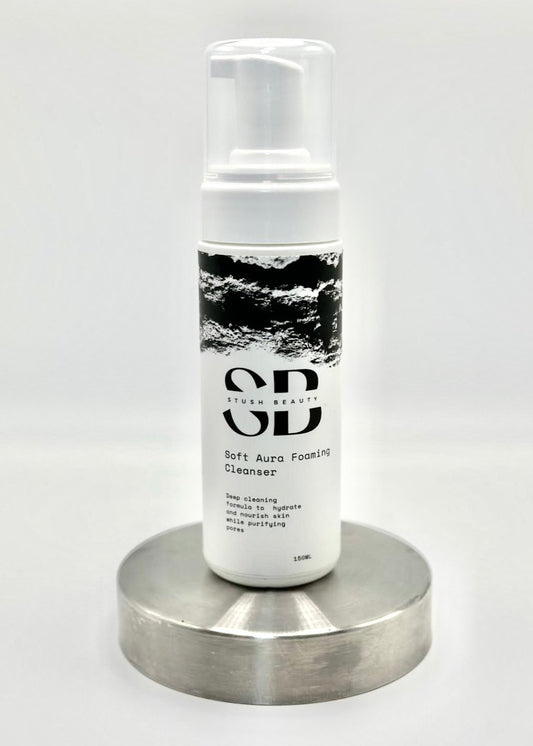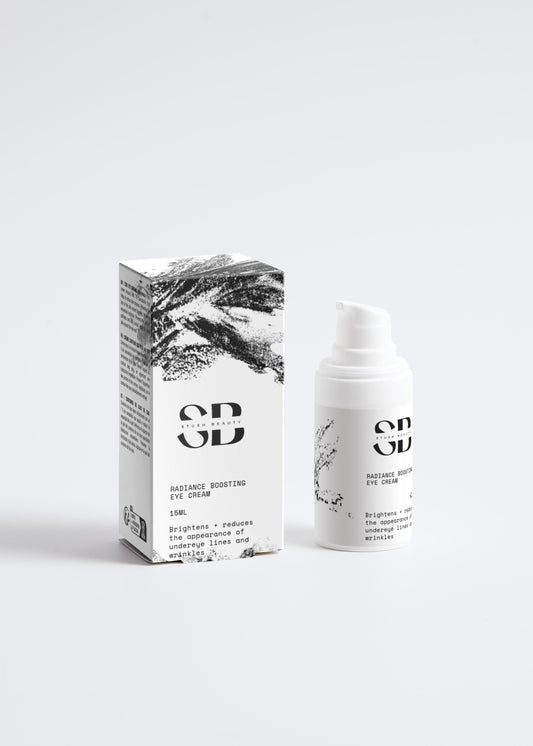Your skin is often a reflection of your inner health, and one crucial yet often overlooked factor in maintaining healthy, radiant skin is your gut health. While skincare products can certainly help improve the appearance of your skin, addressing the root cause of skin issues often begins with nurturing your gut. In this blog post, we'll explore the intricate relationship between gut health and skin and how taking care of your gut can lead to glowing, clear skin.
Understanding the Gut Microbiome
The gut microbiome, composed of trillions of bacteria, fungi, and other microorganisms, plays a pivotal role in maintaining overall health. This complex ecosystem not only aids in digestion and nutrient absorption but also influences various physiological processes throughout the body, including immune function and inflammation regulation.
The Gut-Skin Axis
Recent research has shed light on the connection between the gut and the skin, revealing a bidirectional relationship known as the gut-skin axis. This axis highlights how imbalances in the gut microbiome can manifest as skin issues and vice versa.
Impact of Gut Health on Skin
-
Inflammation: Imbalances in gut bacteria can lead to systemic inflammation, which is often linked to inflammatory skin conditions such as acne, eczema, and psoriasis. By reducing inflammation in the gut, you can potentially alleviate skin inflammation and improve skin conditions.
-
Nutrient Absorption: A healthy gut is essential for proper nutrient absorption, including vitamins and minerals crucial for skin health. For instance, deficiencies in vitamins A, C, D, and E, as well as zinc and omega-3 fatty acids, can contribute to various skin issues.
-
Immune Function: About 70% of the body's immune system resides in the gut. A balanced gut microbiome supports a robust immune response, helping to defend against pathogens that may trigger skin infections or exacerbate existing skin conditions.
-
Skin Microbiome: Just as the gut has its own microbiome, so does the skin. The composition of the skin microbiome can be influenced by the gut microbiome, impacting skin health. An imbalance in gut bacteria can disrupt the skin microbiome, potentially leading to skin disorders.
Strategies for Improving Gut Health and Skin
-
Dietary Changes: Incorporate fiber-rich foods, fermented foods, and prebiotics and probiotics into your diet to support a diverse and healthy gut microbiome.
-
Manage Stress: Chronic stress can disrupt gut health and exacerbate skin issues. Practice stress-reduction techniques such as mindfulness, meditation, and regular exercise.
-
Stay Hydrated: Adequate hydration is essential for maintaining healthy skin and supporting proper digestion and nutrient absorption.
-
Limiting Trigger Foods: Identify and avoid foods that may trigger inflammation or aggravate skin conditions, such as processed foods, sugar, and dairy, for some individuals.
-
Consult a Healthcare Professional: If you're experiencing persistent skin issues or gut-related symptoms, consult a healthcare professional, such as a dermatologist or gastroenterologist, for personalized advice and treatment.
Conclusion
The connection between gut health and skin is undeniable, highlighting the importance of nurturing your gut to achieve radiant, clear skin. By adopting lifestyle habits that support a healthy gut microbiome, you can address the root cause of skin issues and cultivate a vibrant complexion from the inside out. Remember, true beauty starts from within, and a balanced gut lays the foundation for healthy, glowing skin.




